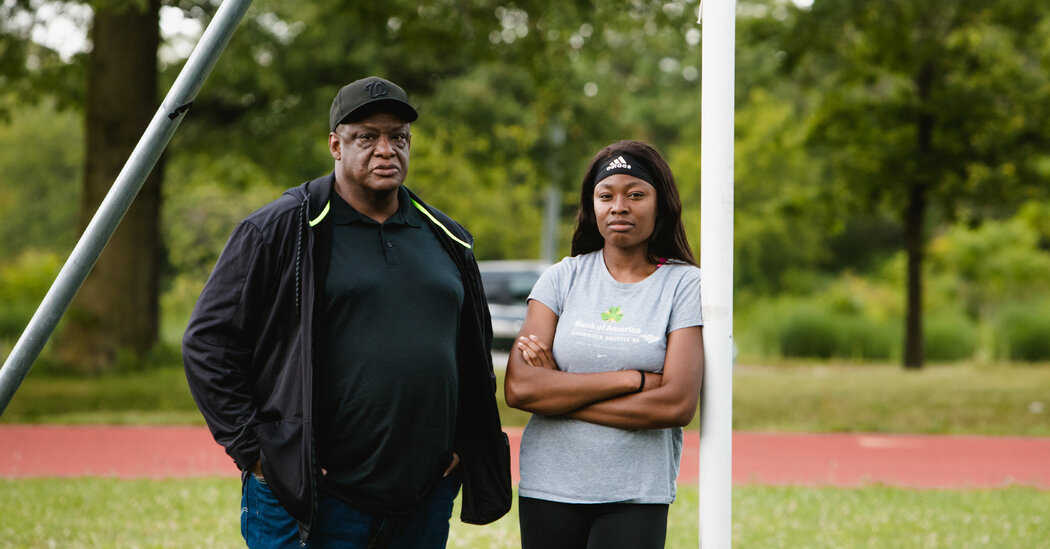Supporting students who elect to go to campus can also be confounding. Ann Smith’s son, Charlie Gross, left their Los Angeles home in July to return to Humboldt State, a public university near the Oregon border, where he’s a rising sophomore, renting a house with five other young men. “I ask him if they’re being careful,” said Ms. Smith, an actor. “He says, ‘Yeah, yeah, we’re socially distancing.’ So I really don’t know.”
For Cheryl Damberg, it’s the opposite problem. Her 20-year-old daughter goes to U.C. Berkeley. Her 21-year-old son attends U.C. Davis. Both returned to their off-campus apartments this summer. “The hardest part for me, and for them being back at school, is helping them at a distance process all of this day-to-day uncertainty and anxiety,” said Ms. Damberg, a health policy analyst in Los Angeles. “Are they going to get sick? Are the people around them already sick?”
While so much surrounding higher education is in flux, here are some questions to consider:
What if there are coronavirus cases on campus?
“There’s going to be outbreaks,” said Deborah Glik, a professor at the U.C.L.A. Fielding School of Public Health. That doesn’t necessarily mean your child has to leave.
“If you bring a kid home who’s been exposed, that’s another problem,” Dr. Glik said. You’re now putting your household at risk. Also, the monitoring capabilities on-campus may be better than any you can provide yourself.
Should you decide to retrieve your child, take precautions. “You can put them in the back, mask them, mask yourself,” said Dr. Malani, of the University of Michigan. The C.D.C. recommends opening a car window to increase ventilation.
What should I do if my child gets sick?
A long car ride home together may not be safe for you or best for your child. Many student health centers have seen patients with the coronavirus all spring and summer, thanks to students who remained on campus. At this point, they’ve become adept at treating the kind of mild Covid-19 infections common in young adults, Dr. Malani said. If they are in a dormitory, the school may send them to a separate building to isolate while they are ill. If they are in an apartment or a house, a friend should bring them food so they can isolate in their room. “For most of them, they are sick for three or four days, then they start to feel better,” she said.
How can I avoid freaking out my kids?
When you call your student at school, “it can’t be coronavirus 24/7,” said Bethany Teachman, a psychology professor at the University of Virginia. Start instead by asking them about their classes and the friends they are making. “You want to keep those channels of communication open,” she said.
[ad_2]
Source link


